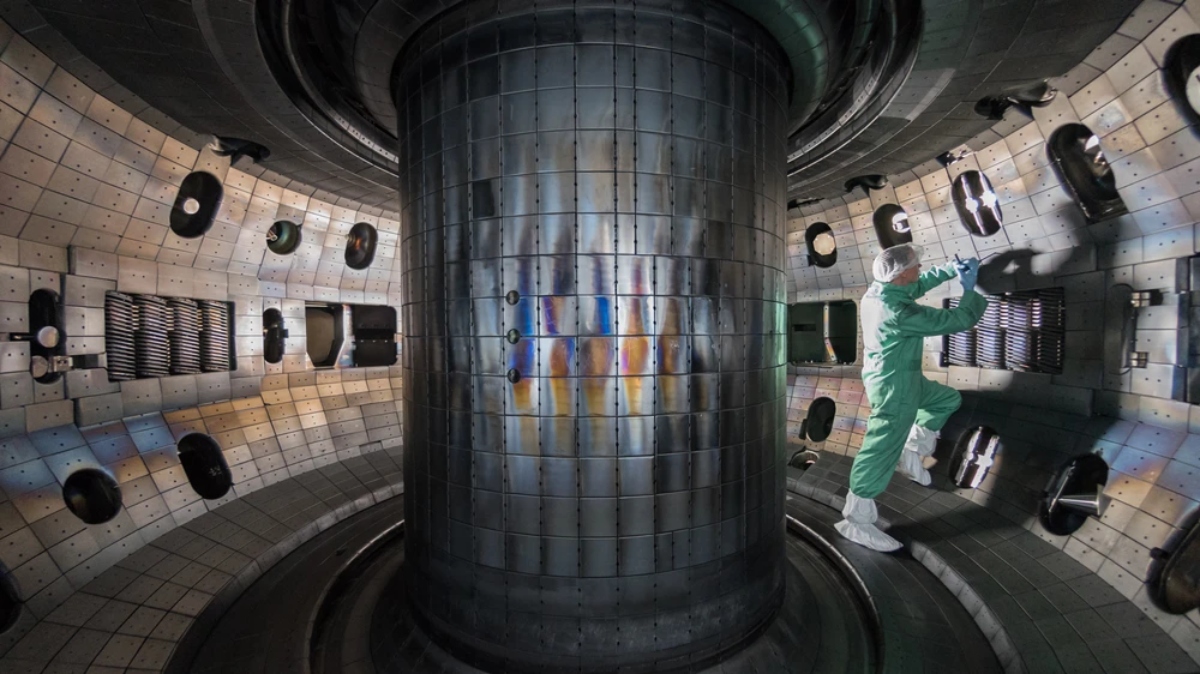All human beings spend, on average, one third of our lives sleeping, yet some sleep researchers ¬- Yes. There are sleep researchers ¬¬- who believe that a bubble-shaped device in which you would be wrapped in smart pajamas would monitor your sleep patterns, as well as adjust the temperature, light and sound in order to ensure your comfort without disrupting your sleep cycle. Say goodbye to your classic and beloved bed! The future is near and wants to take hours of sleep away from us.
With a device like the one above, we could reduce the hours of sleep, we could evolve and need less time to sleep, as long as we use technology that increases our comfort and optimizes sleep. The key is to obtain the best and deepest sleep in less time, being this an ability that human beings have sought for hundreds of years.
This is what technology will do in the future with respect to our sleeping hours.
The Institute for Ethics and Technologies along with Dr. Raj Dasgupta, sleep expert, states that:
“By 2055, most of us will have only five hours of sleep per night; we will sleep less in the future. Total sleep time has been decreasing over the years, in 1970 we slept between 7 and 8 hours and now between 6 and 7, so in the next 40 or 50 years it could be 5 or 6 hours on average.“.
Large companies already want to take advantage of this change in our sleeping hours. So they are developing devices that we could use to monitor snoring and optimize sleep.
Nyx Devices, a sleep diagnostics company developed pajamas made of fabric with “embedded electronics” to monitor the quality and quantity of the wearer’s sleep. With a chip, they will determine the phase of sleep in which the patient is (REM sleep, the most relaxed phase, deep sleep and light sleep). It is likely that even more advanced models that monitor the user’s pulse and blood pressure while he or she sleeps will be available very soon.
And there is more!
Meanwhile, researcher Ian Person, who has studied the future of sleep, said that smart alarms could be used to get more out of the hours of sleep. These devices monitor breathing and movement in order to wake the user when he/she is in the light sleep phase, thus making him/her feel more rested. By 2030 these alarms will be used in hotels.
“Smart alarms will monitor the electrical activity of the brain and will be able to identify the right time to wake the user up.”
He even predicted that beds will change to egg-shaped covered pods, some of which are already available on the market for $30,000, called Tranquility Pods. They control sound, heat and light to “transport the body, mind and spirit to a tranquil space of relaxation, and monitor the heartbeat and pulse of people.
Finally, Dasgupta concludes that:
“Modern society is obsessed with sleeping less and feeling good at the same time, which is not always possible. But, I don’t think our bodies want less sleep, however, that’s where human evolution is leading us, along with the help of technology.”




